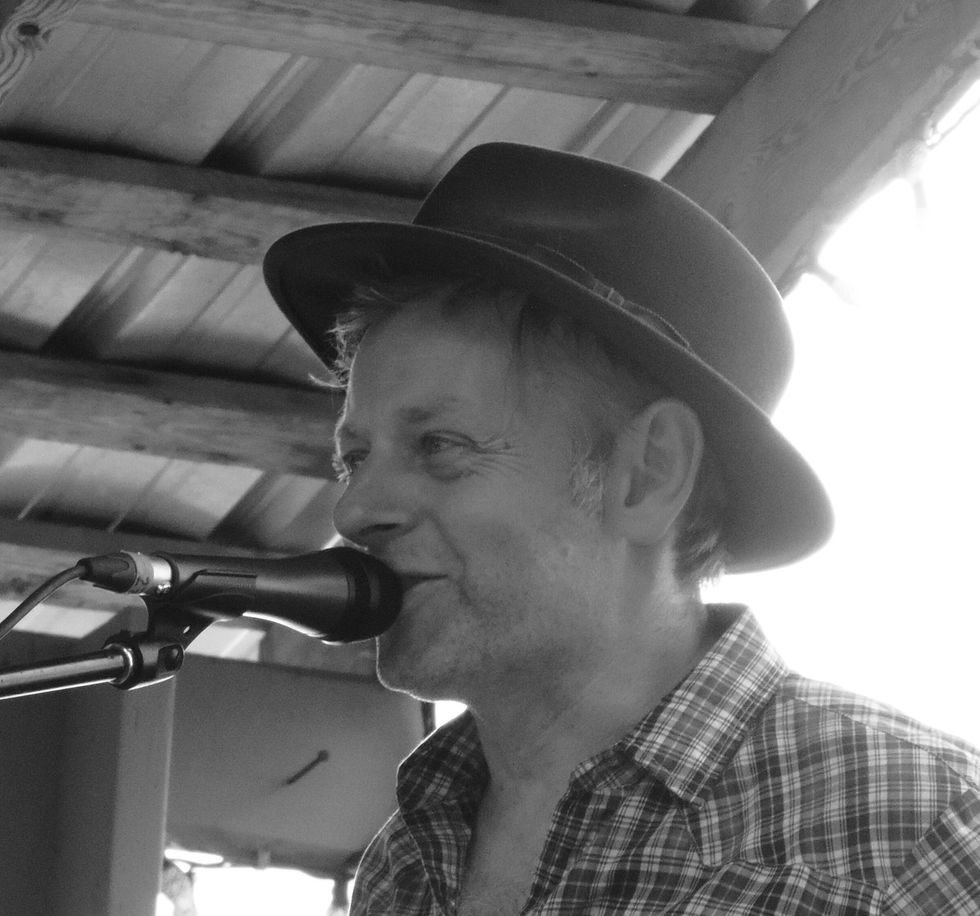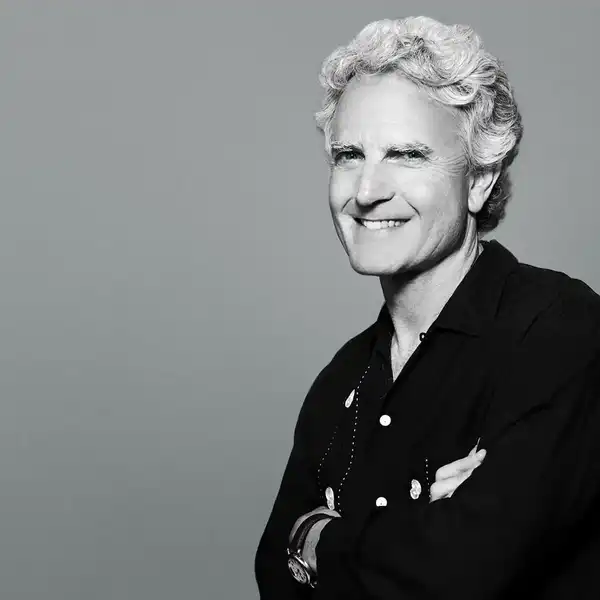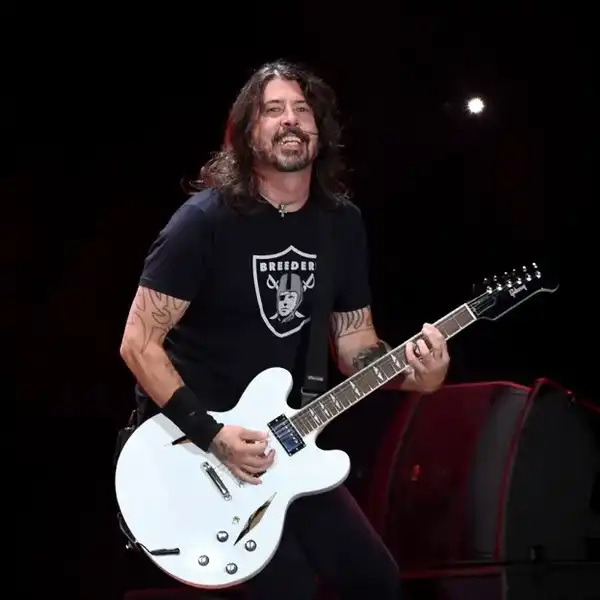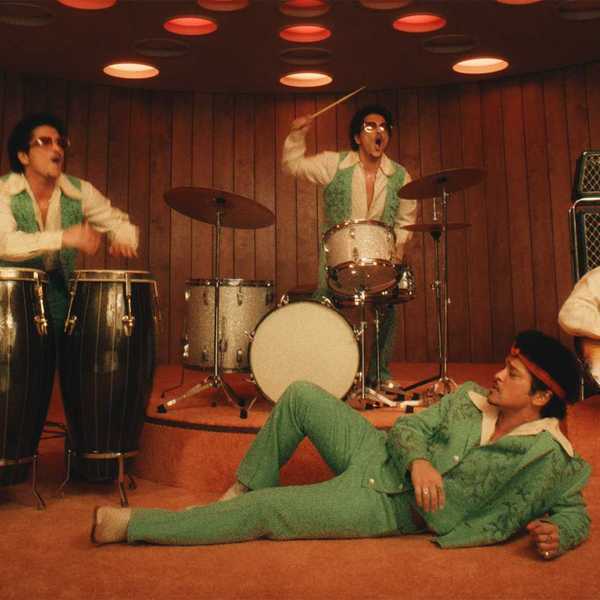Five Questions With... Hugh Christopher Brown
Still fondly remembered for his work in Bourbon Tabernacle Choir, he is now an in-demand producer and sideman. In this interview, Brown discusses his new solo album and the music workshops he runs for prison inmates.

By Jason Schneider
As one of Canada’s consummate musicians over the past three decades, Hugh Christopher Brown (better known to many as Chris Brown through his partnership with vocalist Kate Fenner and their former band Bourbon Tabernacle Choir) has always tapped into the spiritual healing power of song. He goes a step further on his new solo album, Pacem—Latin for “peace”—using the 500-year-old text Spiritual Exercises of St. Ignatius as the primary inspiration for the new collection.
While that premise sounds heavy, the album overall displays a variety of moods, drawing from a deep well of experiences and meditations that Brown says took him inward and outward. Most of the songs started as solo guitar pieces but over time were expanded through the efforts of the community of musicians and vocalists Brown has cultivated both in Canada and New York City, including the renowned bassist Tony Scherr and cellist Jane Scarpantoni. It’s the kind of soul music few artists outside of, say, Van Morrison, ever attempt, and song titles such as “The Great Unknowing,” “Keeper Of The Flame” and “Love, The World” speak for themselves.
Beyond his own music, Brown has performed and recorded with Ani DiFranco, Joan As Police Woman, The Tragically Hip, Barenaked Ladies, Ashley MacIsaac, Crash Test Dummies and many others. He currently divides his time between Brooklyn, New York and Wolfe Island, Ontario, where he recently set up a new recording studio in the town’s old post office. Brown is also a passionate and committed social justice activist and founded the Pros and Cons Program at Joyceville Institution in Kingston, Ontario, where he runs music workshops for inmates.
Hugh Christopher Brown’s Pacem is available at wolfeislandrecords.com, which also has information on his upcoming tour dates and other ongoing projects.
How does Pacem stand apart from your previous work?
I feel a continuum in all the music I make, yet within that, each album is the response to the present. With Pacem, it is the first album under my name where I have opened up songs to others singing. It shifted the focus to what I think is a broadened perspective.
What songs do you think best capture your vision for the record?
They each hold a vision and collectively create a kind of field that was not preconceived. I like the way “Prayer of St. Ignatius” worked out, and I also dig “The Wave.” The whole album holds a lot for me, so I am happy to have made it.
You’ve been living in both Ontario and Brooklyn for some time now. Has the current political climate in the U.S. made that more difficult?
I have noticed a few changes at the border—namely Fox News on TVs where pictures used to hang. In general, you are dealing with the same people doing their jobs, but the climate is exposed in a drastically different way now. It hasn't become more difficult personally, but it has the potential to become tragically complicated for many at the moment.
What's the latest news about the Pros and Cons Program?
There are three records underway: two at Joyceville and one at Grand Valley Women’s Institution [in Kitchener, Ontario], which will launch on International Women’s Day in March. I have done a walk-through at Collins Bay Institution [in Kingston] and intend to start working with people there and elsewhere as soon as I clone myself. It really can take as much effort as I can give it.
What are some of your goals for 2018?
My primary goal is to apply as much energy into getting people to hear Pacem as I put into everyone else’s albums that I produce. I’d also like to get better at listening and be able to navigate the overdue social changes that are currently presenting themselves. In short, I want to keep making music and be present for my life.















